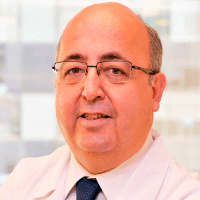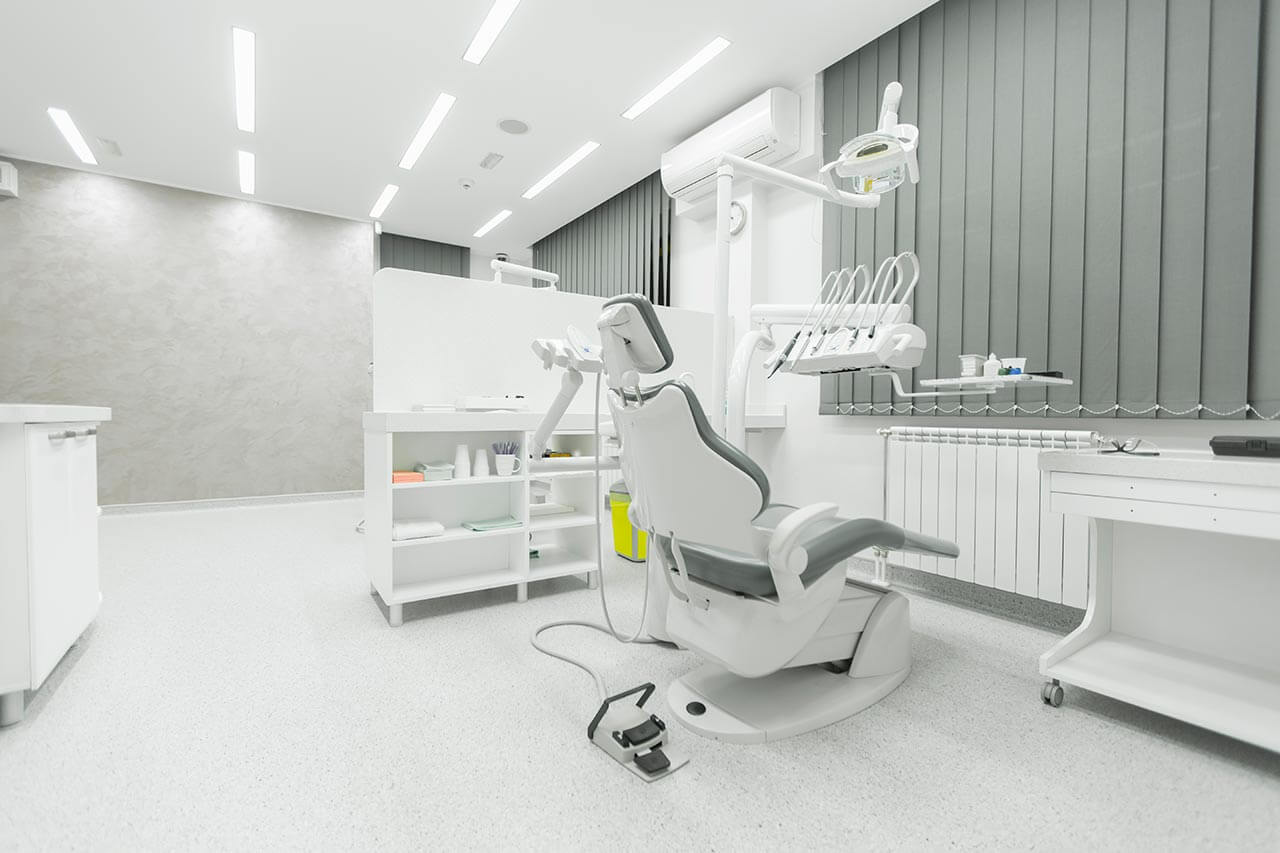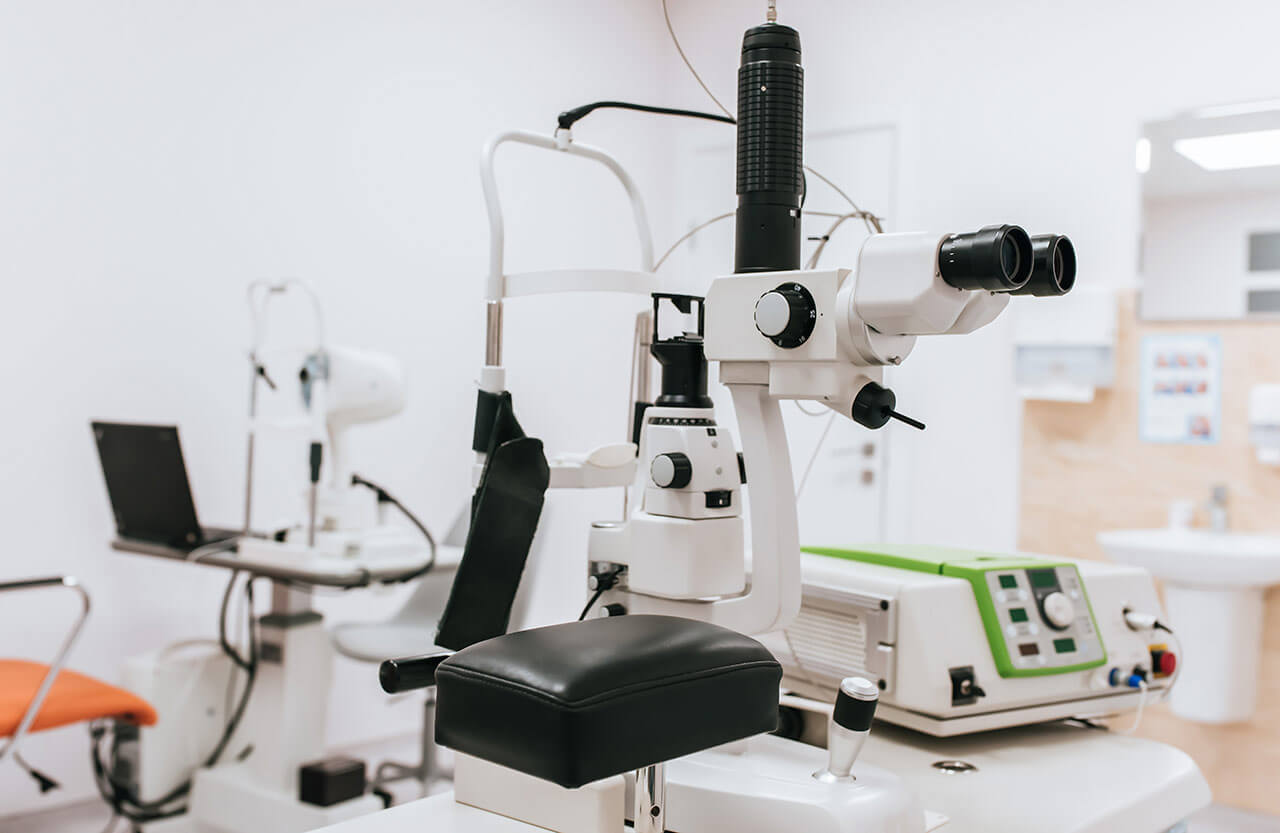
About the Department of Neurology and Epileptology at Memorial Atasehir Hospital Istanbul
The Department of Neurology and Epileptology at the Memorial Atasehir Hospital Istanbul offers the full range of medical services in the areas of its specialization. The department's medical team admits patients with headaches, cerebrovascular diseases, muscle diseases, Alzheimer's disease, Parkinson's disease, multiple sclerosis and many other neurological disorders. The department has a special competence in epilepsy treatment. The department's doctors apply modern diagnostic tests, including CT and MRI scanning, angiography of the vessels of the brain and spinal cord, electroencephalography, electromyography and other highly accurate examinations for the detection of the slightest changes or deviations in the functioning of the nervous system. Based on the diagnostic results obtained, each patient receives the most effective treatment regimen. In their daily clinical practice, the department's neurologists are guided by current treatment protocols, as well as follow the recommendations of professional neurological societies. The department is headed by Prof. Dr. med. Turker Sahiner.
One of the primary focuses of the department's specialists is epilepsy treatment. Once admitted to the department, the doctors carry out all the necessary diagnostic tests in order to confirm or exclude the diagnosis of epilepsy. The diagnostics of epilepsy can often be a laborious process due to the need to differentiate it from other diseases with similar symptoms. For example, cardiovascular diseases can manifest symptoms very similar to epileptic seizures, including fainting, migraines, anxiety attacks, and psychogenic non-epileptic seizures. Therefore, the department's neurologists attach great importance to the accurate diagnostics of the patient. As a rule, during the diagnostics, the attending physician assesses the patient's neurological status, studies his anamnesis, appoints the necessary laboratory tests, electroencephalography, CT and MRI scans. The first line therapy is drug therapy using innovative antiepileptic drugs. The combination and dosage of drugs is selected for each patient individually, taking into account his general health, the course and rate of progression of the pathology. Thanks to the use of high-quality medicines, in most cases, drug therapy allows the department's doctors to achieve long-term remission and significantly improve the patient's quality of life. If drug therapy is ineffective, the department's specialists resort to more radical treatment methods – implantation of a vagus nerve stimulator or minimally invasive intervention to remove an epileptic focus in the brain. Should interventional treatment be required, the specialists in neurosurgery will be involved in the therapeutic process.
Cerebrovascular diseases are also among the most common neurological pathologies that the department's neurologists have to deal with every day. Most patients admitted to the department are diagnosed with a stroke – a brain hemorrhage, which leads to insufficient blood supply and death of brain tissue. The pathology is characterized by high mortality, and therefore in order to save a person's life and prevent irreversible changes in the structure of the brain, it is necessary to provide high-quality emergency medical care. The department has a modern Stroke Unit with special equipment and monitoring systems for stroke patients. The department's medical team uses a wide range of drugs – antiplatelets, thrombolytics, antihypertensives, anticoagulants, etc. The doctors can also carry out mechanical thrombectomy, stent implantation, spiral embolization and other interventional procedures. To determine the optimal type of therapy, the patient urgently undergoes such examinations as CT and MRI scans, angiography of the cerebral vessels, ultrasound scanning of the carotid arteries, ECG.
The competence of the department's team of neurologists includes the provision of medical care for patients with Parkinson's disease, which most often affects the elderly over the age of 50 years old. As of today, the pathology is incurable, and therefore the therapy aims to alleviate the symptoms, eliminate movement disorders, maintain work capacity and the quality of life. At the initial stages of the disease, the department's doctors only resort to a thorough monitoring of the patient's condition and supervision of the progression of the neurological disorder. If the patient has severe symptoms, he is prescribed drug therapy with special medications. It can be supplemented by physiotherapy, ergotherapy, speech therapy, etc. The last line therapy is deep brain stimulation – implantation of a special device for the stimulation of some areas of the brain by means of special electrical impulses. Brain stimulation is performed in cooperation with the specialists in neurosurgery.
The department's range of medical services includes:
- Diagnostics and treatment of cerebrovascular diseases
- Ischemic stroke
- Hemorrhagic stroke
- Cerebrovascular malformations
- Vascular dementia
- Arteriovenous malformations
- Cerebral embolism
- Diagnostics and treatment of epilepsy
- Diagnostics and treatment of migraine
- Diagnostics and treatment of peripheral nerve diseases
- Neuralgia
- Polyneuropathies
- Diagnostics and treatment of multiple sclerosis
- Diagnostics and treatment of Parkinson's disease
- Diagnostics and treatment of Alzheimer's disease
- Diagnostics and treatment of brain and spinal cord tumors
- Diagnostics and treatment of sleep disorders
- Diagnostics and treatment of muscle diseases
- Becker muscular dystrophy
- Duchenne muscular dystrophy
- Myotonic dystrophy
- Congenital myopathies
- Mitochondrial diseases
- Polymyositis
- Inflammatory muscle diseases
- Diagnostics and treatment of other neurological disorders
Curriculum vitae
Professional Career
- Since 2015 Head of the Department of Neurology and Epileptology at the Memorial Atasehir Hospital Istanbul, Istanbul, Turkey.
- 2013 - 2015 Neurologist, Department of Neurology, Liv Hospital, Istanbul, Turkey.
- 2008 - 2013 Neurologist, Department of Neurology, Anadolu Medical Center, Istanbul, Turkey.
- 1997 - 1999 Deputy Head of the Department of Neurology at Pamukkale University Hospital, Denizli, Turkey.
- 1995 - 2007 Chief Physician of the Department of Neurology at the Pamukkale University Hospital, Denizli, Turkey.
- 1995 - 1999 Professor in the Department of Neurology, Faculty of Medicine, Pamukkale University, Denizli, Turkey.
- 1993 - 1995 Neurologist, Department of Neurology, Egirdir Kemik Eklem Hastaliklari, Isparta, Turkey.
- 1988 - 1992 Fellow, Department of Neurology, Ondokuz Mayıs University, Samsun, Turkey.
Higher Education and Postgraduate Training
- 1987 - 1992 Specialized training in Neurology, Ondokuz Mayıs University, Samsun, Turkey.
- 1981 - 1987 Study of Human Medicine at the Faculty of Medicine at Ankara University, Ankara, Turkey.
Scientific Publications
- 21 articles in the international scientific journals.
- 2 reports represented at the international scientific conferences and published in the scientific journals.
- 12 articles in Turkish scientific journals.
Memberships in Professional Societies
- 2000 Founding President of the Denizli Alzheimer Association.
- 2008 International Society to Advance Alzheimer's Research and Treatment (ISTAART).
- 2003 Turkish Society of Neuroscience.
- 1998 Turkish Brain Research Society.
- 1989 Turkish Society of Clinical Neurophysiology, EEG-EMG.
- Turkish Neurological Society.
Photo of the doctor: (c) Memorial Ataşehir Hospital




